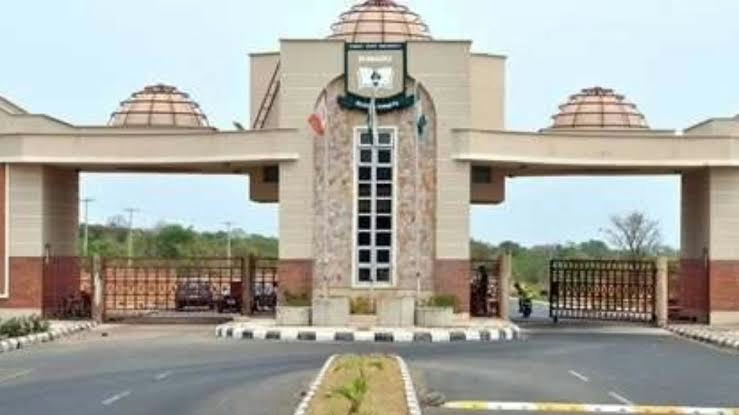The Minister of Aviation and Aerospace Development, Festus Keyamo, has advised state governors to consider commercialising or privatising airports in their states that are not generating sufficient economic returns.
In an interview with Saturday PUNCH, Keyamo emphasised that while airports are primarily established as social infrastructure, they can later evolve into commercially viable ventures.
His remarks come at a time when concerns are mounting over the rapid proliferation of airport projects across Nigeria. Reports indicate that at least 12 states have completed their airport projects, with several others still underway. In total, about 19 states have collectively spent an estimated N369.4 billion on these ventures.
Some of the existing state-owned airports include Asaba Airport; Bayelsa International Airport in Yenagoa; Ogun Cargo Airport; Ekiti Cargo Airport in Ado-Ekiti; Anambra Cargo Airport in Umuleri; Wachakal Airport in Yobe; Gombe Airport; Dutse International Airport in Jigawa; Kebbi Airport; Jalingo Airport in Taraba; Nasarawa Airport; Cross River International Cargo Airport, and Zamfara Airport.
Ongoing projects, according to findings, include MKO Abiola International Airport in Osun, Abia Airport, Lekki/Epe Airport in Lagos, and Auchi Airport in Edo State.
Recently, the Managing Director of the Federal Airports Authority of Nigeria (FAAN), Olubunmi Kuku, disclosed that only three out of the 22 airports operated by FAAN are currently profitable. She noted that the rest rely on cross-subsidisation to remain functional.
In light of this, Keyamo encouraged state governments to look beyond aeronautical revenue and consider monetising the surrounding environment of their airports. He suggested offering concessions for non-aeronautical facilities such as shopping centres and recreational areas to private investors.
“They should commercialise or privatise those airports,” he advised. “There are other viable businesses that can be developed within the airport vicinity. Non-aeronautical aspects should generate income to sustain the airports. States should consider offering concessions for such developments.”
The minister pointed out that airports serve a broader purpose beyond immediate profitability, playing a key role in driving social and economic development.
“Airports are not built initially to generate profit,” Keyamo stated. “Their primary purpose is to serve as a catalyst for regional growth and to attract economic activities. An airport is often the first sign of modern development in any area.”
He cited examples from the UK and Europe, where even remote areas are equipped with small airports or airstrips, highlighting the long-term developmental impact of such infrastructure.
“For instance, a hotel investor may reconsider setting up a five-star facility if there is no airport in the vicinity. It’s not realistic to expect financial returns from such infrastructure in five or ten years,” he explained.
Keyamo expressed confidence that with the right planning and sustained efforts, many of the underperforming airports can eventually become profitable.
“As long as there is a functional runway and a terminal, the benefits will follow,” he said. “Maybe not immediately, but over time—perhaps not in five years, but eventually. States just need to be patient and strategic.”











Leave a Reply